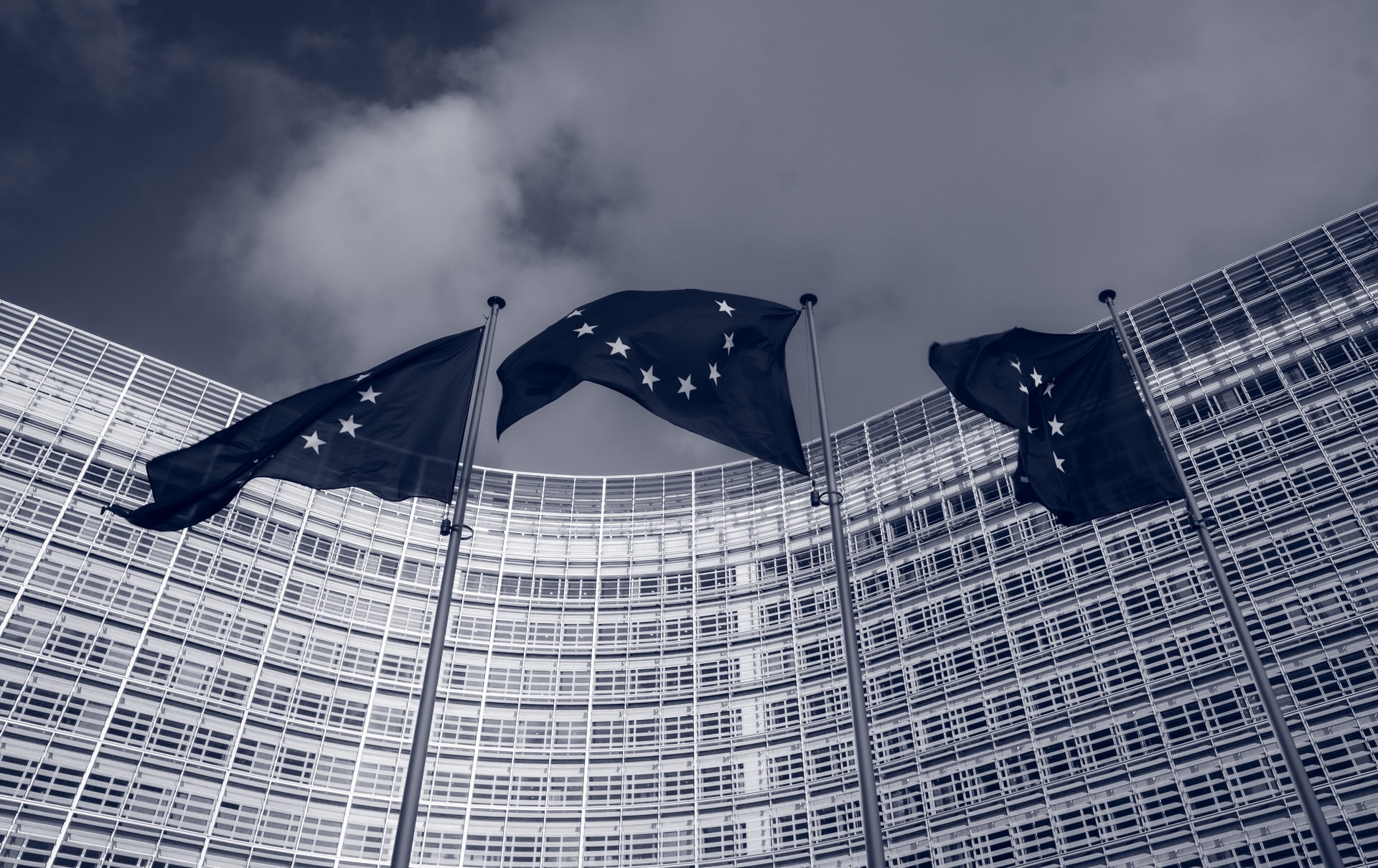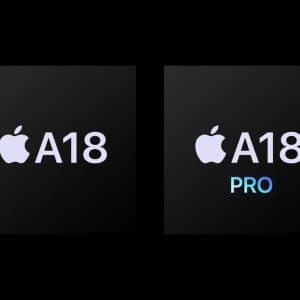Efforts in Europe to rein in online “gatekeepers” – including such Big Tech players as Apple, Google and Facebook parent company Meta – took another step forward late Thursday, when European Union (EU) officials agreed on wording for the bloc’s proposed Digital Markets Act (DMA).
The act – which is still subject to other approvals – has predictably received an unenthusiastic response from the companies that would be affected.
The DMA has been designed with the aim of preventing tech giants from dominating digital markets. To that effect, it contains measures threatening huge fines or even the potential breakup of offending companies.
The rules would apply to “gatekeeper” firms – defined as those earning in excess of $8 billion annually, and that run major services such as social networks. Requirements set out by the act could force the affected companies to drastically alter their businesses.
In the case of Apple, for instance, the company would be required to permit the sideloading of apps onto iPhones via alternative App Stores. In addition, the Cupertino firm would be obliged to allow other payment method options alongside its own in-app purchase system.
An Apple spokesperson quoted by ABC News voiced concerns that parts of the DMA “will create unnecessary privacy and security vulnerabilities for our users while others will prohibit us from charging for intellectual property in which we invest a great deal.”
According to the ABC News report, Facebook didn’t respond to a request for comment. Google, meanwhile, was less forthright than Apple in its take on the new rules, but said it was “concerned that some of the rules could reduce innovation and the choice available to Europeans.”
Realization of the deal on the DMA follows months of talks between negotiators from the European Parliament and the Council. It now requires endorsement from the Council and the European Parliament in order to be implemented.








